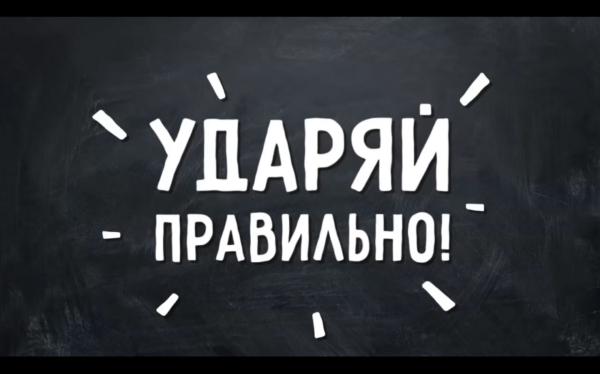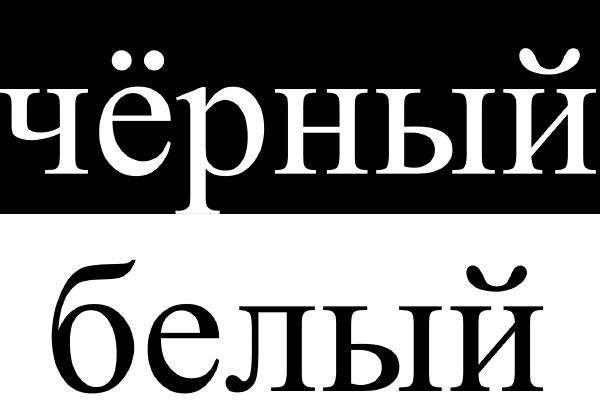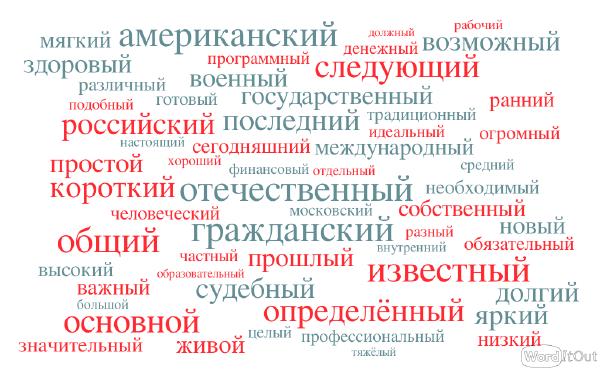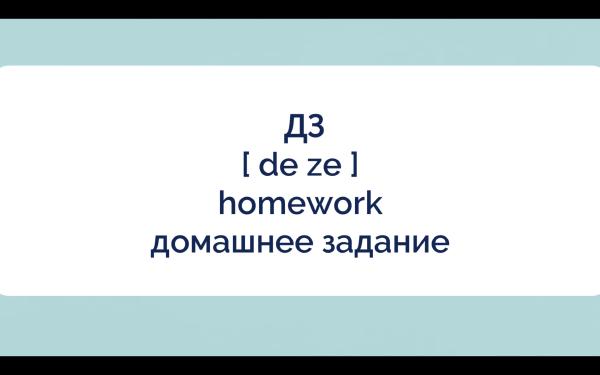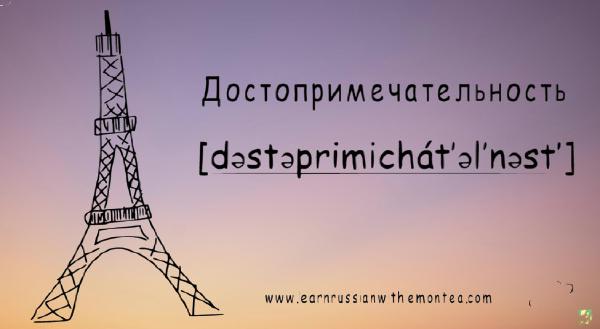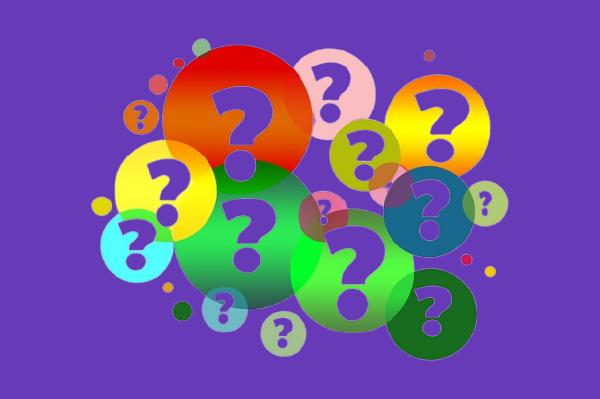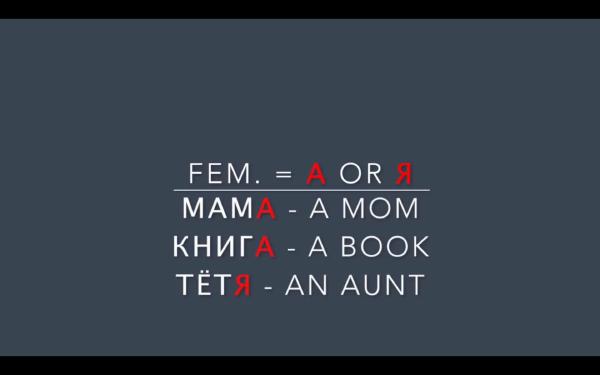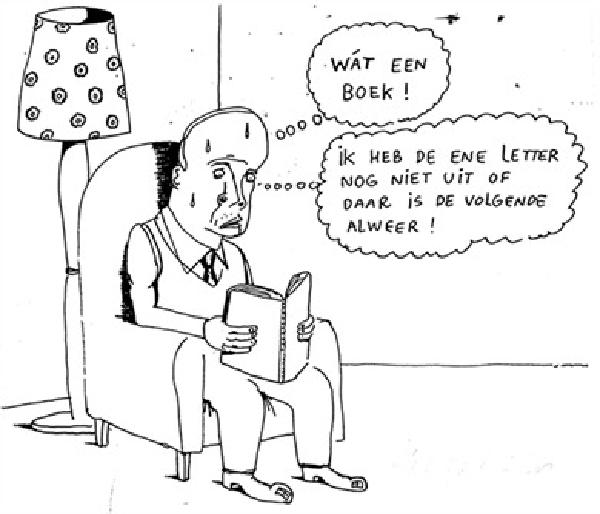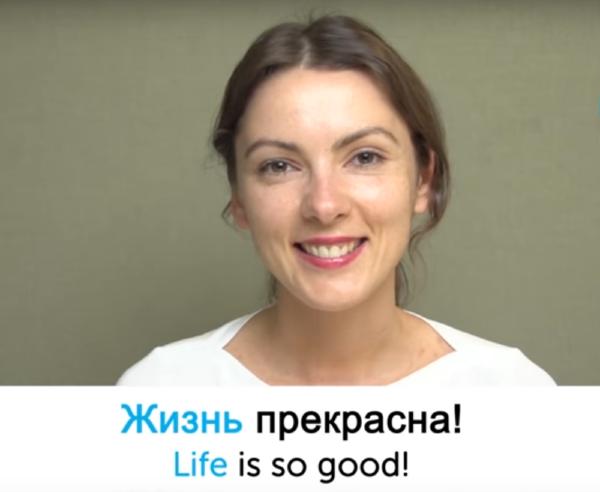Language
To emphasize one more time that - and why - it is useful and important to to know where the
emphasis added in Russian falls. And how that knowledge helps you, in both the spelling of the word крокодил (crocodile) and the pronunciation of names such as Tolstoy.
Stress (Ударение)
Language
One of the
8 common mistakes every Russian language learner makes according to Russia Beyond (2018). Including a “Word of warning: It takes a VERY long time to get accustomed to the stresses on Russian words At times, you’ll be confronted with a new word and have absolutely no idea how to pronounce it.’ No stress: this is going to help, and will speed things up.
Russian Antonyms (антонимы)
Language
Following the introduction on
adjectives, where it was suggested to practice them with opposites or
antonyms (in Russian антонимы). They weren’t provided then and there, but here they are now.
Russian Adjectives (Прилагательные)
Language
Useful, convenient, interesting: adjectives are everywhere and unavoidable. So it is sensible, rewarding, fascinating, attractive, necessary, etc., to be able to use them in speech and writing. Two things are needed for that.
Convenience serves people well. And the linguistic person (whether speaking, typing, swiping, or writing) benefits from shortcuts in the form of abbreviations, truncations, and
acronyms. These are popular in every language because why be long when you can be brief?
There’s quite a bit of stumbling over Russian words. Whether it’s due to not knowing where the stress falls, strange sounds, or simply because they’re
tongue twisters. This may sound exaggerated, but that’s just what they’re called. Here are difficult and long words that may—or may not—trip up your tongue.
What kind of times do we live in? It’s a question one might ask these days. To get an answer in Russian (or to distract yourself from the times), let’s start by learning the names of the months and days. Here they are gathered together, with a bonus of some etymology and grammar thrown in.
Words ending in ь
Language
As mentioned
here, it’s usually not difficult to determine whether a word is masculine, feminine, or neuter in Russian. It only becomes tricky when a word ends with a soft sign, the мягкий знак or ь, and there are many such words. A useful tip: they are never neuter. As for the rest — masculine or feminine — these rules will guide you.
Questions and Question Words
Language
Asking questions in Russian is not difficult. The only difference between a question and a statement can be the tone. Ivan is going to university: Иван идёт в университет. The only thing needed to turn that statement into a question is a questioning tone when speaking, and a question mark when writing or typing.
Personal Pronouns
Language
You quickly learn or might already know the ‘regular’ forms of the Russian personal pronouns (those in the nominative case). I = я, you = ты, he = он, she = она, it = оно, we = мы, you (formal/plural) = вы, and they = они. These words change depending on the case; however, there are many similarities within these changes.
Masculine, Feminine, Neuter
Language
Every noun in Russian is masculine, feminine, or neuter. You always need to know which category it falls into, and usually, that’s not difficult. Words ending in a consonant are masculine, words ending in а or я are feminine, and words ending in о or е are neuter.
Gluing Sounds
Language
Russian is a phonetic language. The way you pronounce words is how you write them. The way they are written tells you how to pronounce them. Each letter has its own sound and generally keeps it. Unlike Dutch and English, Russian is quite consistent in this regard.
(Image © Gummbah)
(Image © Gummbah)
Vocabulary
Language
A short poem (called ‘Woordenschat’ – Vocabulary) by Jaap van Lakerveld goes like this:
A man whose small vocabulary
I estimate to be six words
says to the woman who loves him
when she asks how he feels about her
‘I don’t have the words, my dear’
A man whose small vocabulary
I estimate to be six words
says to the woman who loves him
when she asks how he feels about her
‘I don’t have the words, my dear’



